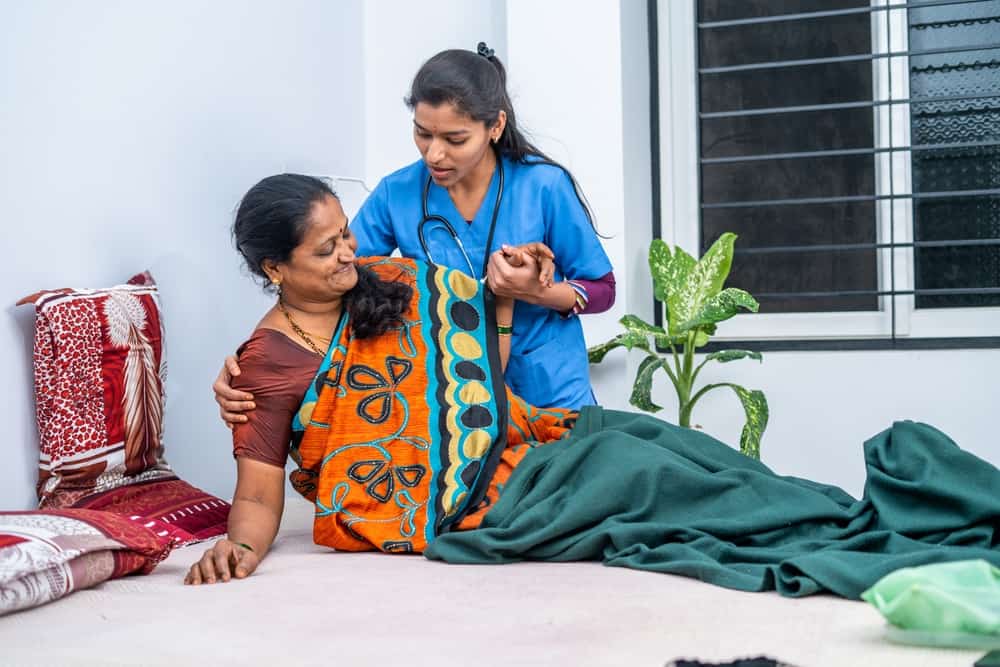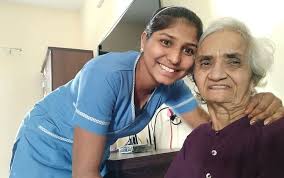Elderly care services play a pivotal role in ensuring the well-being and dignity of our senior citizens. As the global population ages, the demand for comprehensive and compassionate care for the elderly has become increasingly significant. These services encompass a wide range of support mechanisms designed to address the unique needs of older individuals, promoting both their physical and emotional health.
One crucial aspect of elderly care services is healthcare assistance. As seniors often face a multitude of health challenges, specialized professionals, including nurses and caregivers, provide essential medical support. This can include administering medications, monitoring vital signs, and offering physical therapy to enhance mobility. Additionally, mental health support is recognized as a vital component, with services addressing issues like depression, anxiety, and cognitive decline through therapies and activities tailored to the elderly demographic.
Beyond healthcare, elderly care services extend to daily living assistance. Many seniors may struggle with routine activities such as bathing, dressing, and meal preparation due to physical limitations or cognitive decline. Caregivers in elderly care services step in to provide respectful and empathetic help, fostering a sense of independence while maintaining a safe and comfortable living environment. Social engagement is another critical element, combating the isolation that can accompany aging. Activities and programs that encourage social interaction, recreation, and community involvement contribute significantly to the overall well-being of older individuals.
In essence, elderly care services are a holistic approach to supporting our aging population, recognizing the diverse needs and challenges that come with advancing age. As societies continue to age, it is imperative to prioritize and invest in comprehensive elderly care services to ensure that our seniors can age gracefully, maintaining their dignity and quality of life.





